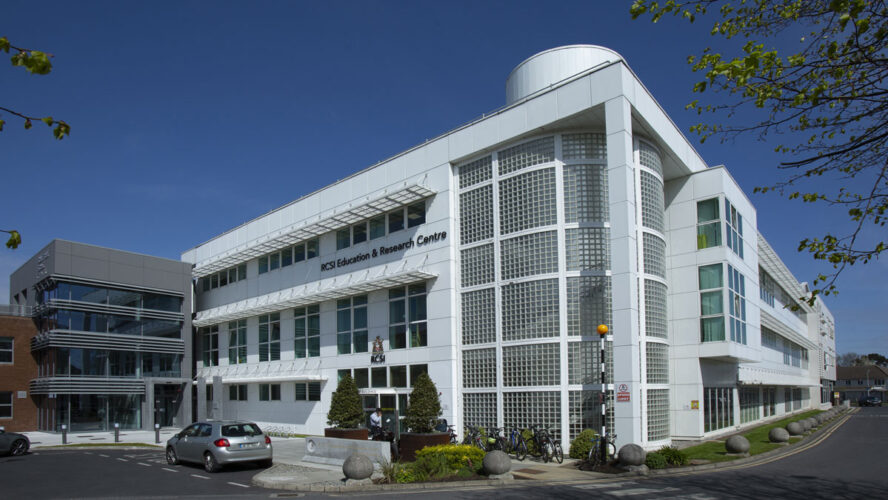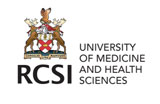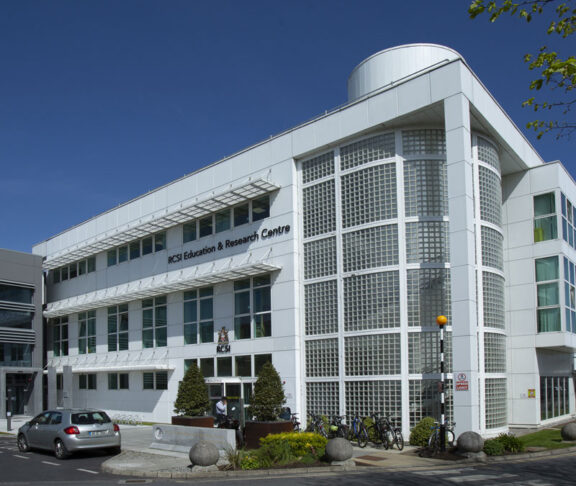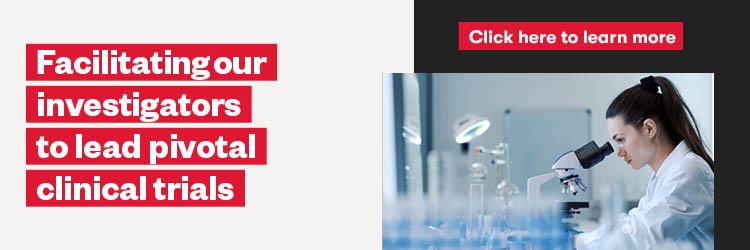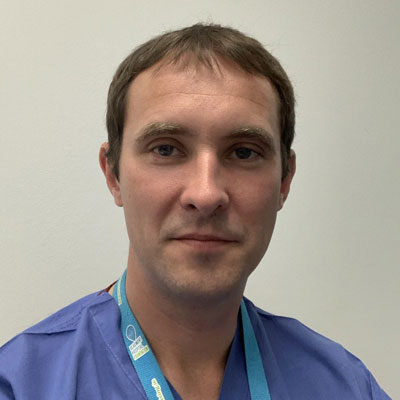
Professor Mick O’Reilly
Clinical Associate Professor, RCSI and Consultant Endocrinologist, Beaumont Hospital
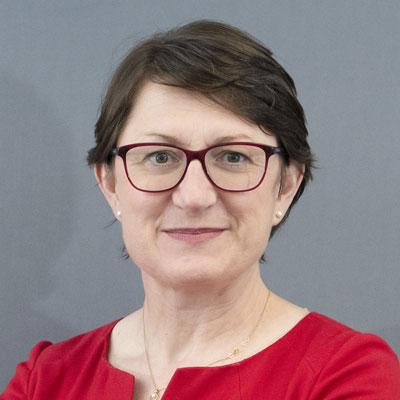
Dr Fionnuala Keane
Director of Operations, RCSI-CRC
Research aims to understand the long-term impact of androgen excess in women with PCOS, which is associated with increased risk of type 2 diabetes, cardiovascular disease and non-alcoholic fatty liver disease.
Polycystic ovary syndrome (PCOS) affects around one in seven women across Ireland. A PCOS study is one of over 70 studies currently taking place at RCSI University of Medicine and Health Sciences, Clinical Research Centre (CRC), based at Dublin’s Beaumont Hospital.
Androgens and PCOS research
Principal Investigator in the PCOS study is Prof Mick O’Reilly, a Consultant Endocrinologist at Beaumont Hospital and Honorary Clinical Professor at RCSI with a particular focus on steroid metabolism disorders and, specifically, conditions where androgen hormones are elevated in women’s blood.
“The most familiar androgen is testosterone, but there are multiple different types of androgens and although they are typically far lower in women compared to men, there are disorders where androgens such as testosterone can be elevated,” he explains.
PCOS affects 10–15% of women and can cause irregular periods, unwanted hair growth and other health conditions. His research group is working on mediating the adverse metabolic health outcomes of androgen excess in women with PCOS, but that involves labour-intensive research.
PCOS affects 10–15% of women and can
cause irregular periods, unwanted hair
growth and other health conditions.
Secure research environment
Study participants attend the CRC for up to eight hours to be closely monitored with blood samples and biopsies taken, as well as undergoing insulin clamp testing (a marker of insulin sensitivity).
“These complex techniques are embedded within our research pathways and infrastructure,” says O’Reilly. “However, this type of research can only be conducted in a secure research environment like the CRC where there is staff, such as a nurse manager and research nurses, working in tandem with doctors conducting the research, plus the equipment needed to deliver it.”
The goal is to develop disease-specific therapies to improve long-term health outcomes for women with PCOS and lead to clinical trials of new drugs.
Supporting clinical research expansion
Dr Fionnuala Keane, RCSI CRC Director of Operations, says the centre opened in 2000 and carries out research in diverse therapeutic areas, including respiratory medicine, endocrinology, critical care, neurology, infectious disease and stroke medicine.
“We provide expertise and support services to clinicians who want to do research,” she explains. “The centre has consultation rooms, equipment, facilities and highly experienced staff which enables patients to participate in clinical research studies in a calm, professional environment outside of the hospital setting.”
The centre is primarily funded by RCSI and secured significant study-specific government and industry funding as it seeks to increase capacity, enabling high-quality clinical research to take place and improve patients’ lives.
